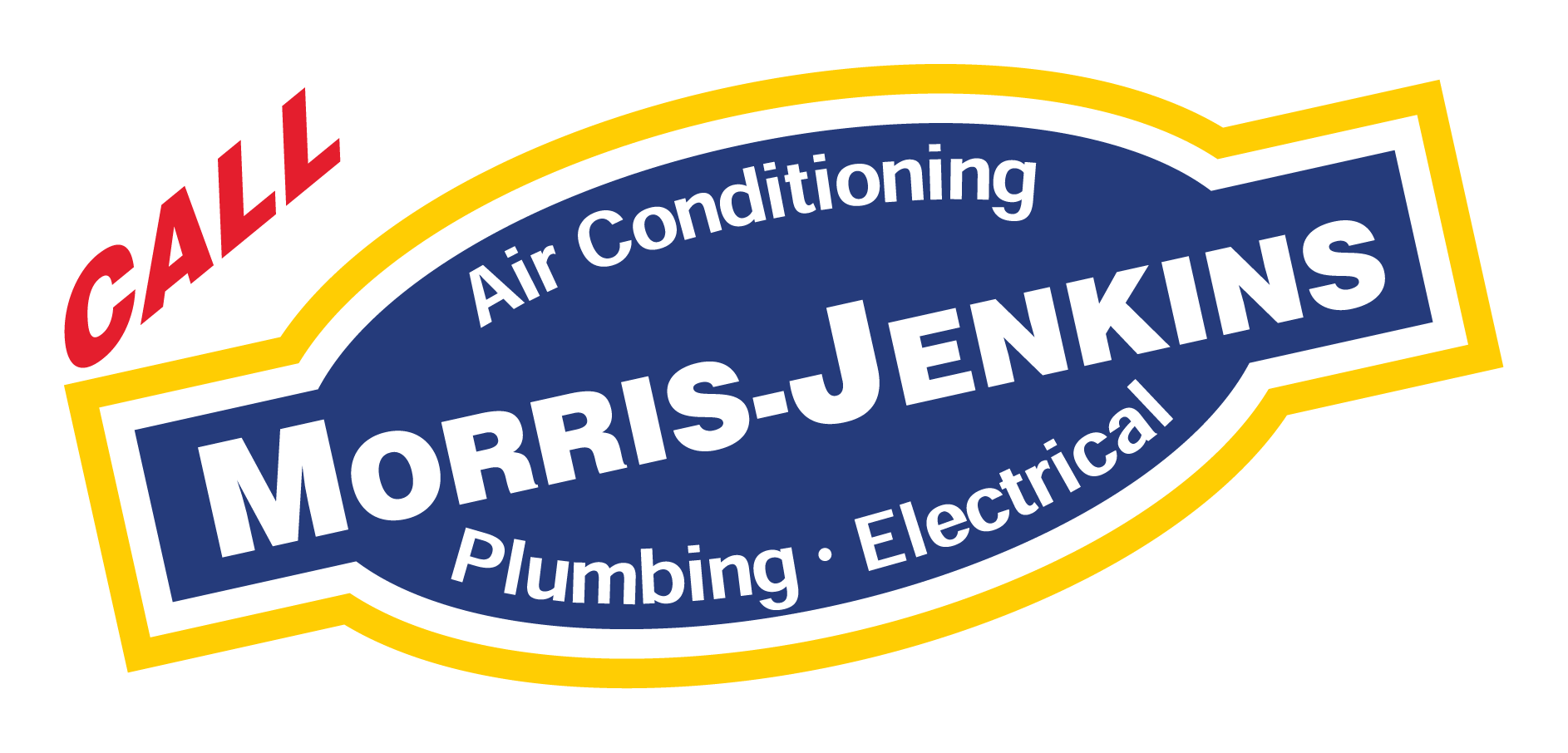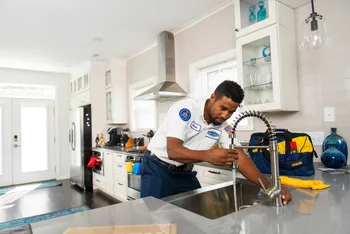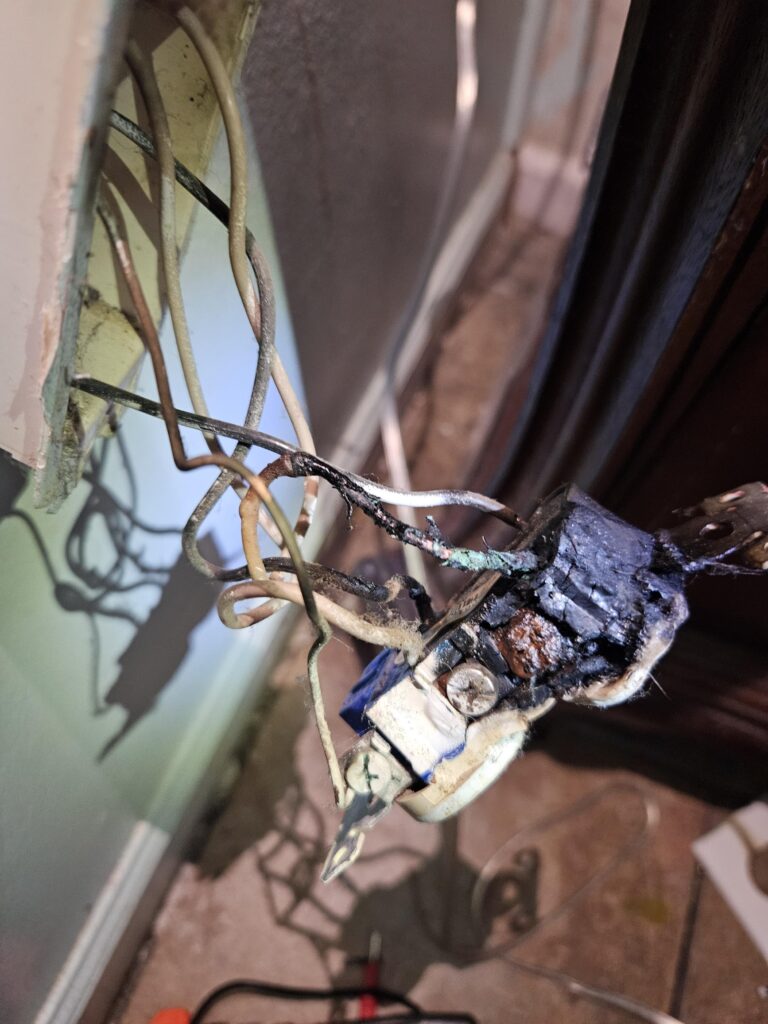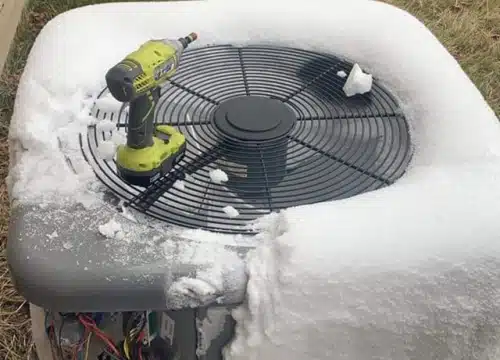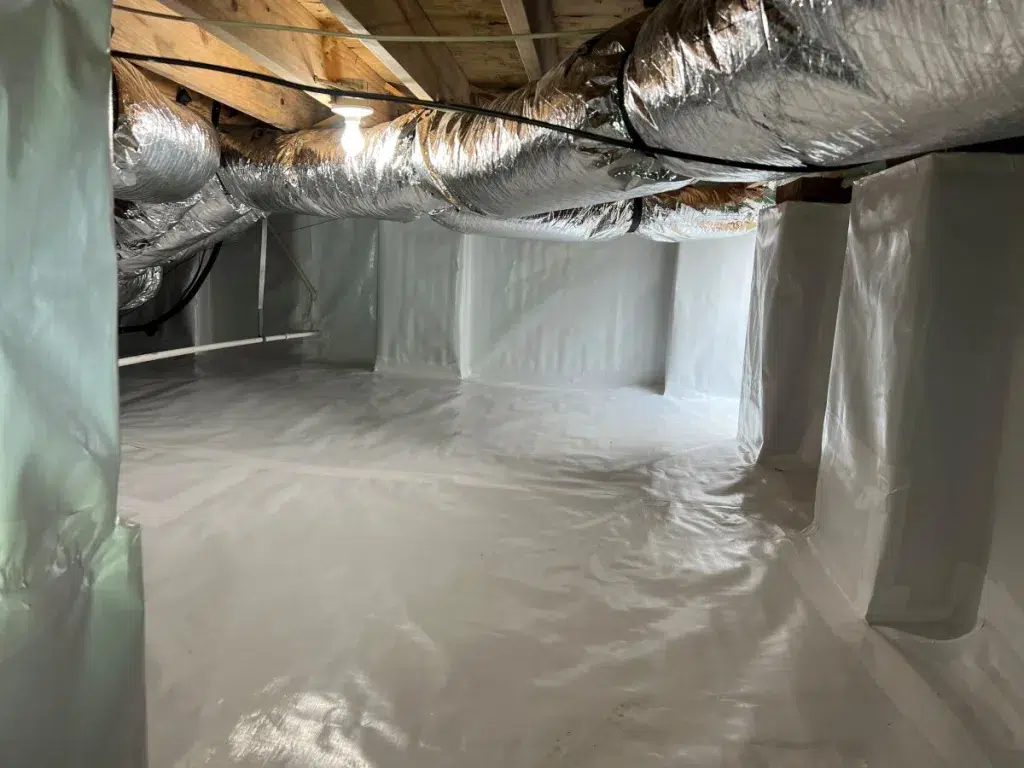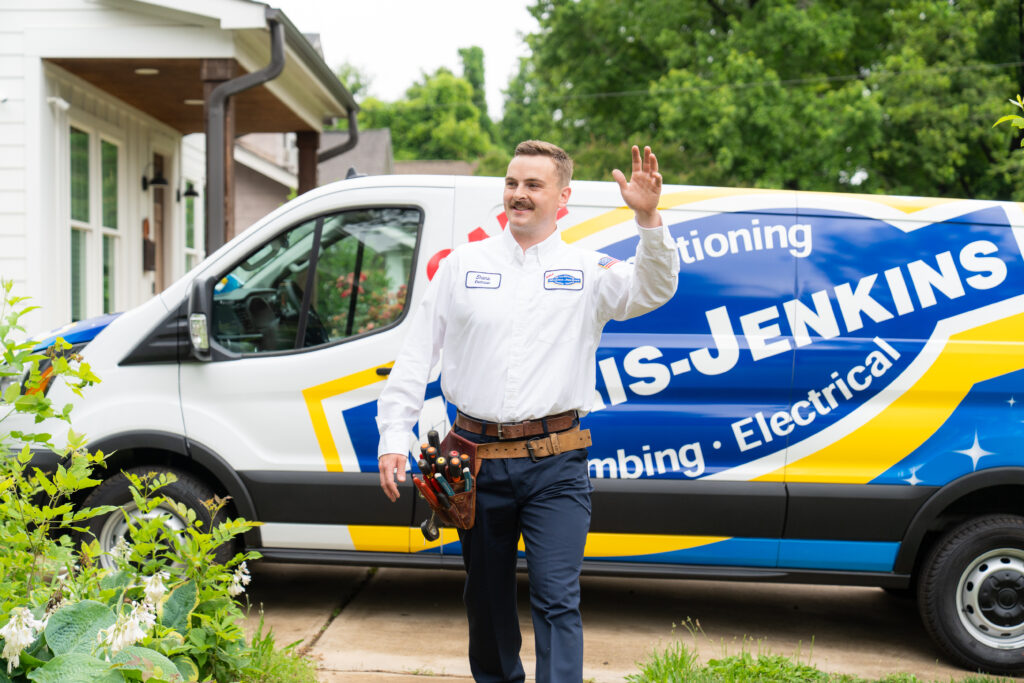You just did the dishes and now it’s time to take a shower before bed. You turn on the water, wait a minute, and—uh oh. It’s lukewarm at best. Looks like the water heater’s out of hot water again.
Sound familiar? Trust us, we’ve been there too.
Fortunately, installing a tankless water heater can provide a solution. They heat water on demand to make sure you always have hot water when you need it. Before you decide to make the switch, though, let’s break down the pros and cons so you can figure out if a tankless water heater is the right fit for your home.
The Pros of a Tankless Water Heater
Endless Supply of Hot Water
Traditional tank water heaters have storage tanks attached that maintain a supply of hot water. They heat and store a set amount of water depending on the size of the tank. And once that hot water runs out, well… all you’ll be left with is ice-cold water until the tank refills and heats up again.
Tankless water heaters mix things up a bit. Whenever you turn on the hot water, they heat the water as it flows through the system—no more waiting for the tank to refill or racing to shower before someone else uses up all the hot water. With a tankless water heater, everyone’s happy!
Lower Energy Bills
Since a tankless water heater only heats water up when you want it to, it’ll save you some money on your energy bills. Tank water heaters are almost always reheating water to keep it hot, even when you’re not using it—and this can use up quite a bit of energy.
For every dollar you put into heating your water, about 82 cents of it is actually used to heat your water with a tankless water heater. When you have a tank water heater, though, only 60 cents of that dollar is used to heat water. The rest goes right down the drain!
Save on Space
You’ve probably seen a tank water heater before—you know how big those storage tanks are and how much space they can take up! They usually need a dedicated spot in your garage, basement, or utility closet, and that bulky tank isn’t exactly easy to tuck away.
A tankless water heater, on the other hand, is compact and wall-mounted, freeing up valuable floor space. They’re small enough to fit in tight places and offer sleek designs that blend right in without sticking out like an eyesore. Whether it’s tucked in a corner of your utility room or mounted discreetly on a wall, it won’t take over the space.
Peace of Mind
Tank water heaters are usually pretty durable, but after years of holding water, that tank can start to wear down and develop leaks—and believe us, that’s something you never wanna deal with.
The average water heater tank holds around 50 gallons of water and if that tank springs a leak, that’s a whole lot of water that can end up soaking your floors, walls, and anything nearby. Tankless water heaters eliminate this concern by cutting out the tank and heating water on demand instead.
No Stale Water
Traditional water heaters store water in a tank, where it sits until you need it. Over time, that stored water can become stagnant, especially if it’s not used frequently. Tankless water heaters heat water as it flows through the system, so there’s no standing water—just fresh, clean hot water whenever you need it. It’s a simple way to keep your water fresher and healthier for your home.
Long Lifespans
We’ve touched on plenty of benefits of tankless water heaters, but we’ve saved one of the best for last; they’re built to last. With proper care and maintenance, most tankless water heaters can keep running for up to 20 years—or even longer. That means fewer replacements and more years of reliable hot water, making it a smart long-term investment for your home.
Related: “7 Common Beliefs About Plumbing”
@morrisjenkinsclt Sexiest tankless water heaters installations in the world. 👀 #CapCut #hvac #hvaclife #plumbing #airconditioning #hvactechnician #hvactech #waterheater
♬ Spider-Man 2099 (Miguel O’Hara) – Spider-Man: Across the Spider-Verse – Daniel Pemberton
The Cons of Tankless Water Heaters
Higher Upfront Costs
Right off the bat, we wanna mention that tankless water heaters are usually more expensive to install than traditional tank systems. This is for two reasons; the general higher cost of the equipment and a more complex installation.
The Equipment
Tankless water heaters are packed with advanced technology that heats water instantly, which naturally comes with a higher price tag compared to a basic storage tank. But you’re also paying for better energy efficiency, durability, and a longer lifespan. Plus, since they last longer than traditional systems, you might even save money in the long run because you won’t be replacing them as often.
The Installation
Installation can be a bit more involved since switching from a tank water heater to a tankless system may require adjustments to your plumbing, electrical system, or natural gas lines. That’s why it’s important to have experienced pros (like Morris-Jenkins, wink-wink) handle the job for you.
No Hot Water During Power Outages
Most tankless water heaters run on electricity, so when the power goes out, so does your hot water. If a storm knocks out your electricity or a blackout hits, you’ll have to wait until the power’s restored to get hot water again. It’s not a deal-breaker for most people, but it’s something to keep in mind.
With an electric tankless water heater, you usually won’t be able to access hot water until the power comes back on. Luckily, we’ve gotta solution for you…
Keeping the Hot Water Flowing During a Power Outage
If you experience a power outage, don’t worry! Battery backup generators can be added to your tankless water heater to make sure you’ll always have hot water when you need it!
Related: “Wait! Don’t Flush That!”
Potential Output Challenges
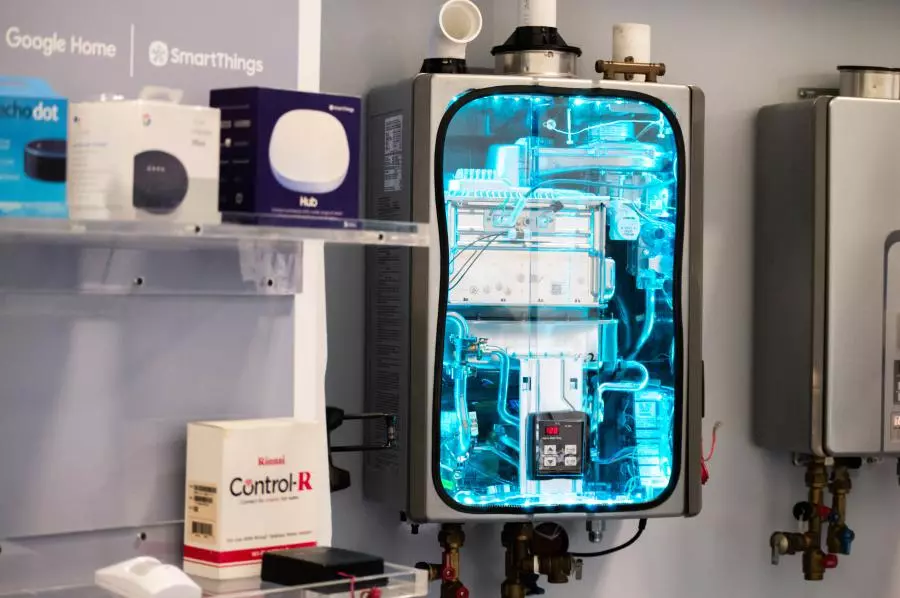
This is an issue that can be prevented by working with an experienced plumber like Morris-Jenkins, but it’s still something to keep in mind.
The size of your tankless water heater matters; if it’s too small, it might struggle to keep up if multiple people are using hot water at the same time. If it’s too big, though, you can run into issues with temperature control and general inefficiencies.
That’s why it’s important to work with a pro who knows their stuff and can help you choose and install the right unit for your Charlotte-area home. With the right setup, you’ll have all the hot water you need, no matter which appliances are running.
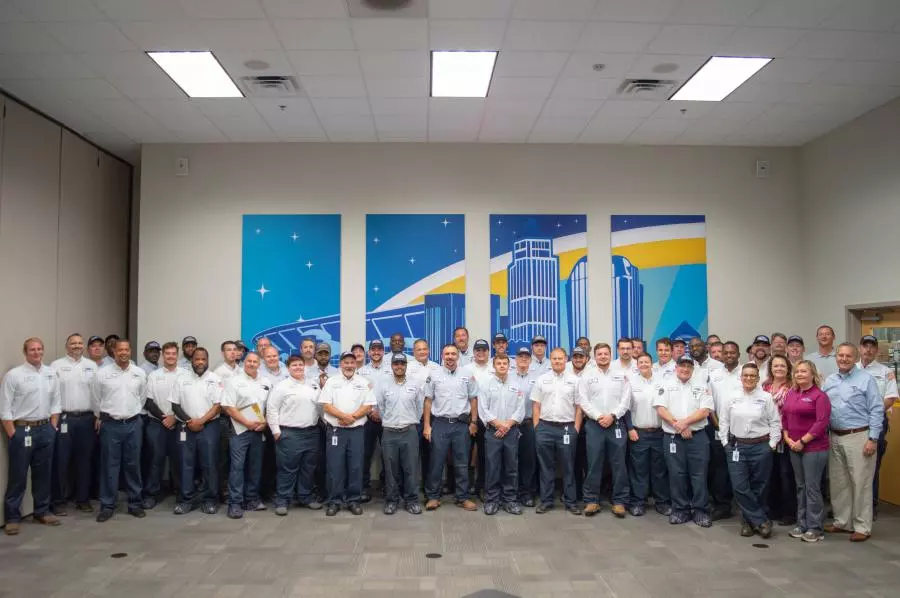
Looking for Tankless Water Heater Services in Charlotte and the Surrounding Area? Call Morris-Jenkins!
Thinking about installing a new tankless water heater? Let us know! From the first phone call to the finishing touches, we’re here to answer any questions, walk you through your options, and make sure you get the perfect system for your home.
Give us a call or contact us online to schedule service in the Charlotte, NC area!
